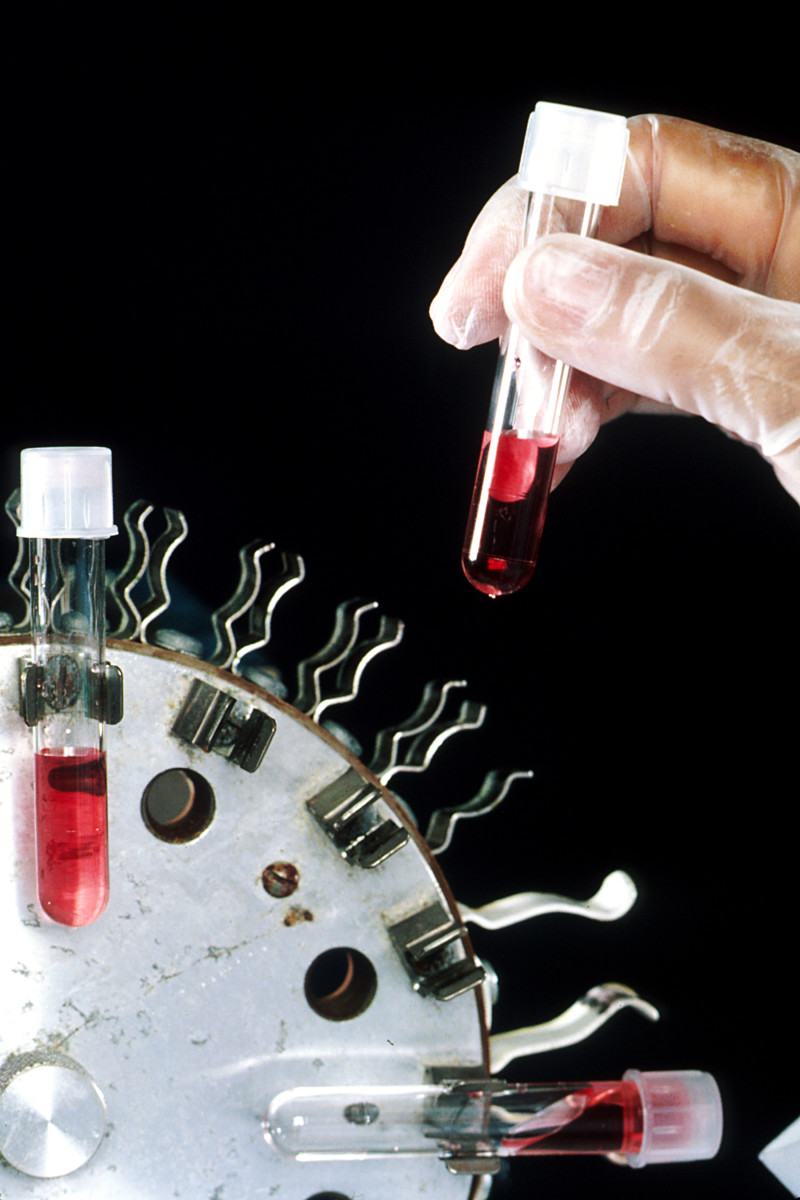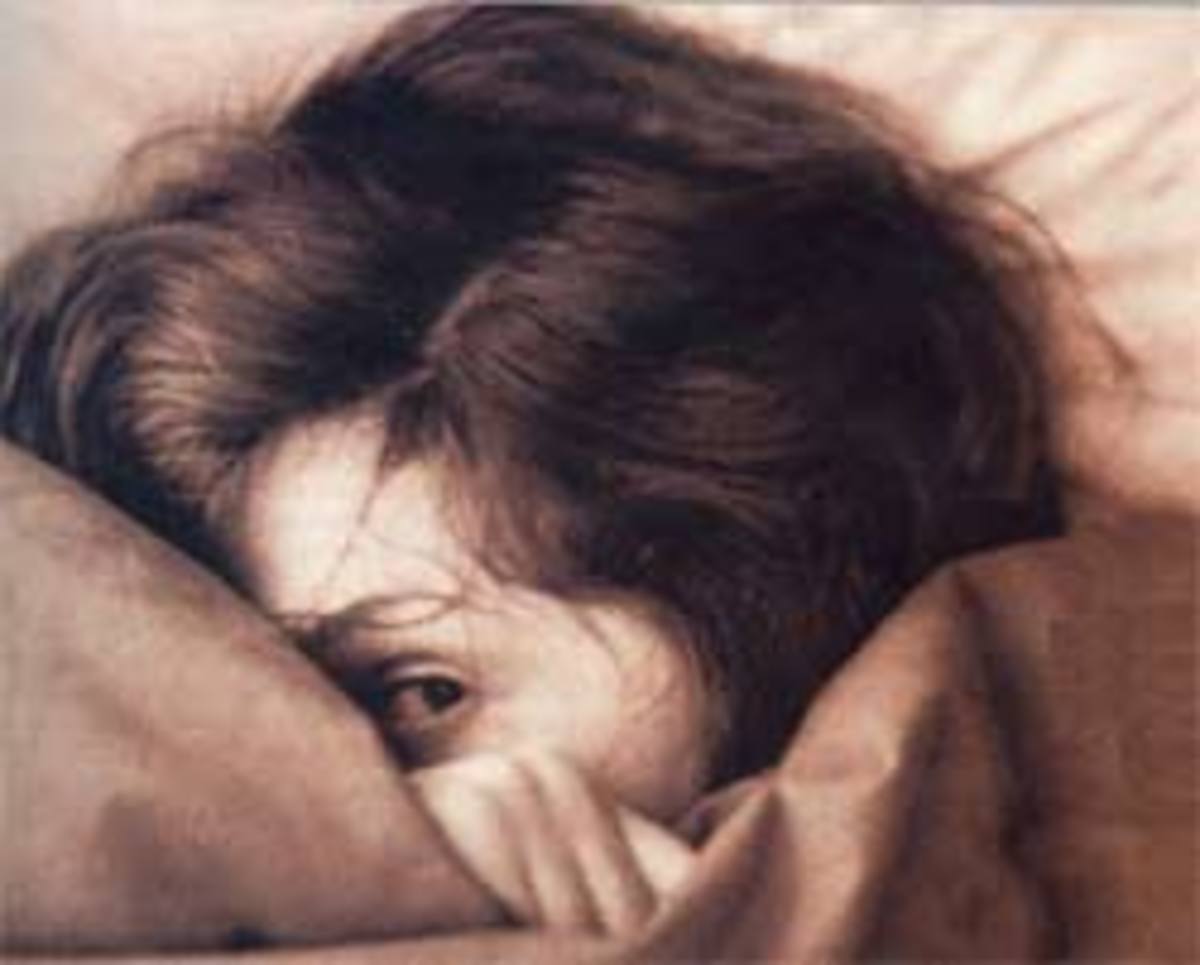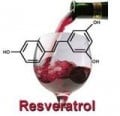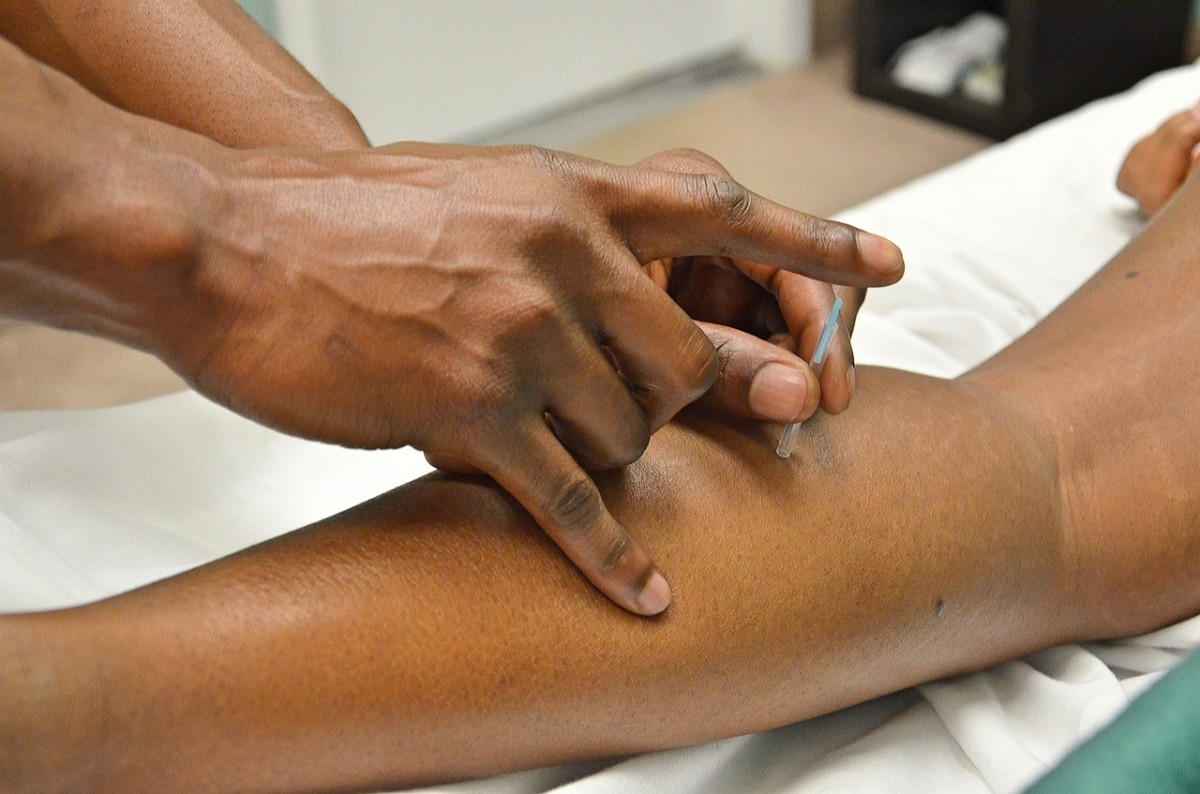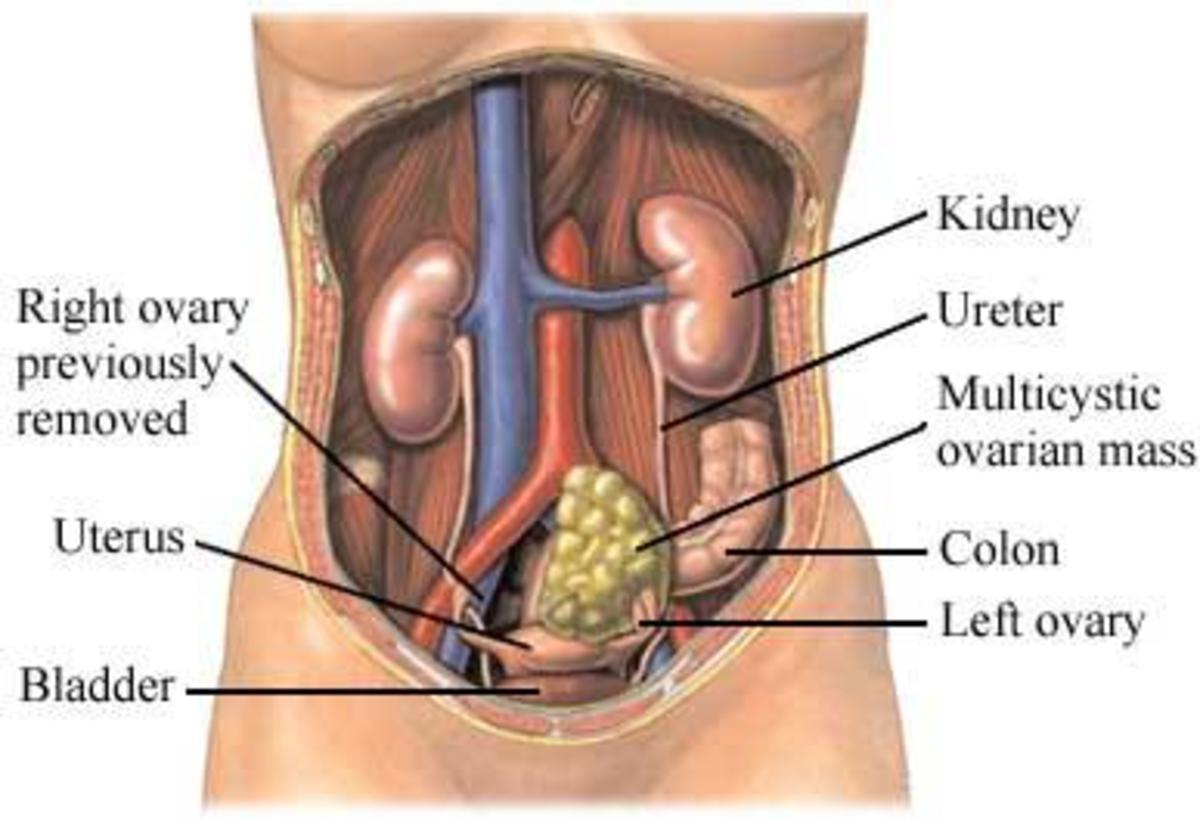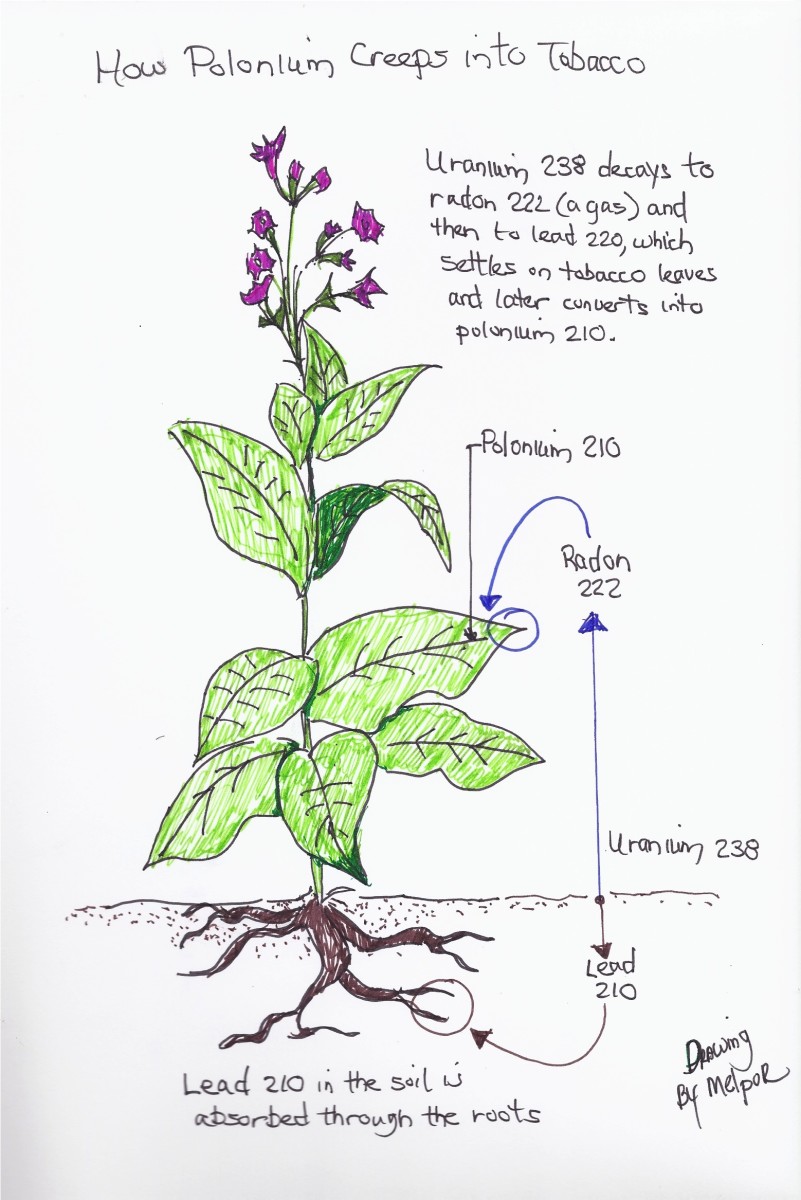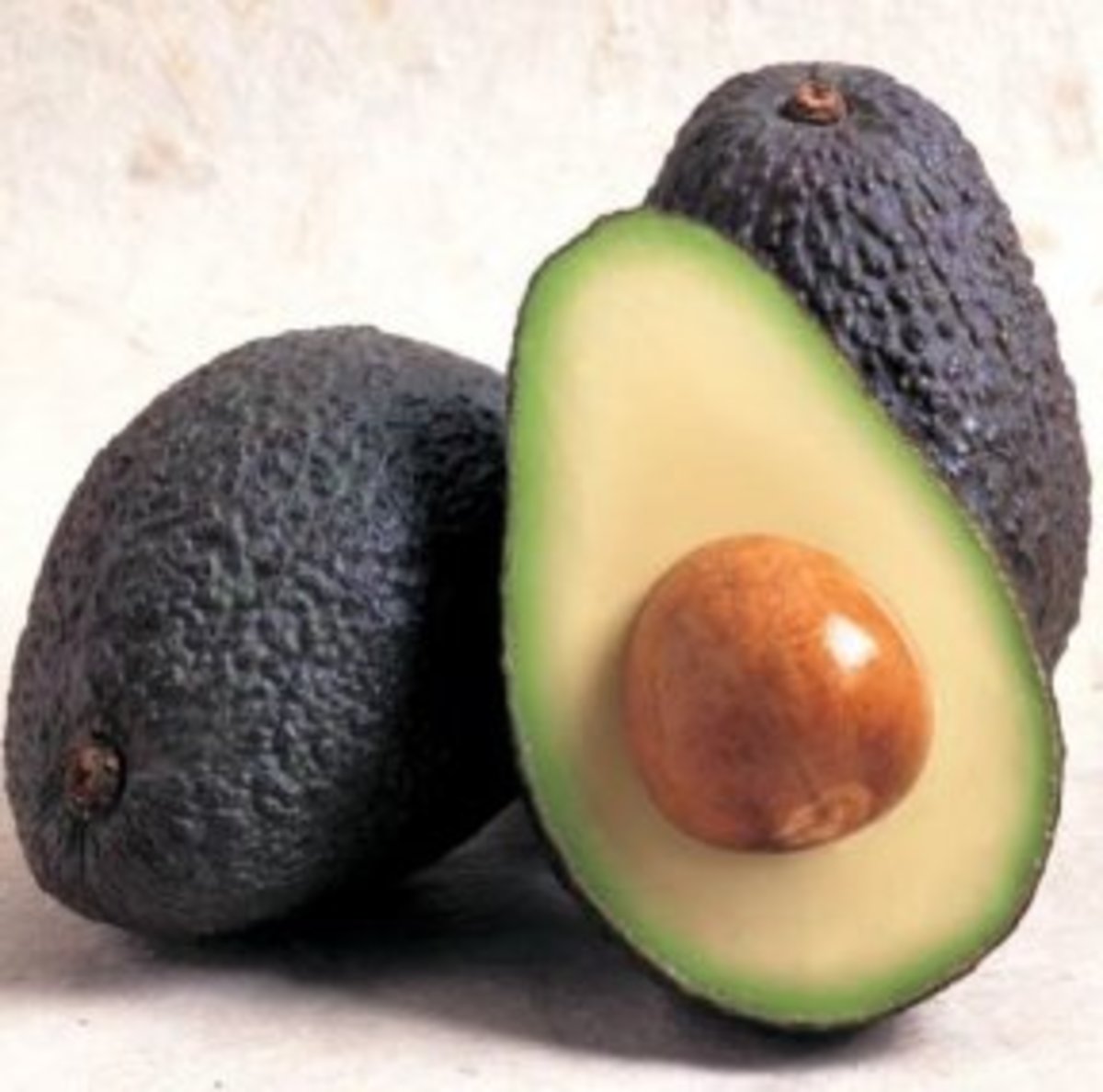Acupuncture: Alternative Cancer Treatment

For thousands of years, Asian cultures, particularly the Chinese, have utilized acupuncture as part of their medical practices. Acupuncture points or meridians throughout the body are the targets of needle stimulation. Thin needles are inserted into the various points which people believe are related to the flow of "qi" or energy in the body. The stimulation of the needles rids the body of blockages so that energy can flow. This flow of energy helps cancer patients manage their symptoms and helps ease the pain caused by chemotherapy and radiation.
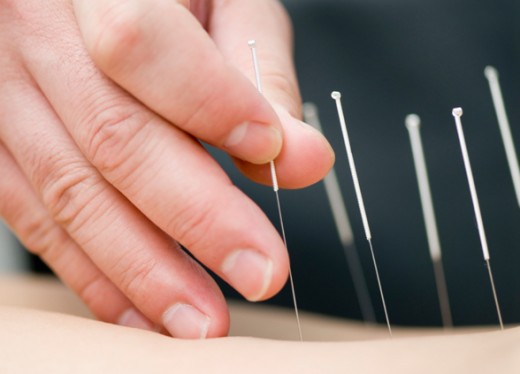
How Acupuncture Works
There is much controversy over the ancient Chinese theories of how acupuncture and the points of stimulation actually work. Chinese doctors believe that there are 12 pathways, or meridians that energy or 'qi' flows through. Along these 12 pathways are 365 points of stimulation, one for each day of the year.
The meridians are divided into Yin and Yang groups. The Yin meridians of the arm are related to the lungs, heart, and pericardium. The Yang meridians of the arm are directly linked to the large intestines, small intestine, and the Triple Warmer. Chinese medicine refers to the three regions of the torso or abdomen as the Triple Warmer...the upper, mid, and lower regions of the torso. The Yin meridians of the leg are the spleen, kidney, and liver. The Yang meridians of the leg are related to the stomach, bladder, and gall bladder.
People suffer ailments when the 'qi' is blocked. The acupuncture needles and the manipulation of the that occurs allows the 'qi' to flow naturally again, bringing the person balance once again. This theory is not scientifically based and western doctors have not found any scientific bases for what the ancient Chinese believed so fully in for thousands of years. There were no relative connections found between the imaging of the nervous system and what the ancient Chinese refer to as the rivers and pathways.
Cancer Symptoms Management
Acupuncture is a complementary, alternative therapy for cancer patients as they manage their pain symptoms. In addition, it is used to treat side effects caused by chemotherapy and radiation by curbing nausea and vomiting. Acupuncture has also been found to help increase blood cell count and enhance lymphocyte and natural killer (NK) cell activity. It also helps cancer patients deal with poor appetite, depression, anxiety, and gastrointestinal symptoms such as diarrhea and constipation. Acupuncture is also useful for patients who are suffering from local, post-operation swelling, shortening the resolution of tissue swelling and hematoma.
Many doctors in Asia and a growing number of doctors in the Western hemisphere believe that acupuncture helps redirect 'qi' to improve the immune system, which then, in turn, helps battle cancer cells in the body.
Despite the controversy in western medicine regarding the use of acupuncture due to the lack of scientific bases and research evidence, we know one thing...cancer patients are feeling better when they turn to the ancient Chinese method. They are managing their symptoms and are able to better tolerate the chemotherapy and radiation sessions over the course of time.
Other Uses of Acupuncture
Acupuncture is used, in western medicine, for the treatment of chronic pain conditions such as arthritis, bursitis, headaches, athletic injuries, and pain control. It is also used for treating chronic pain associated with immune system dysfunction such as psoriasis (skin disorders), allergies, and asthma. Acupuncture is also found to be effective for the treatment of mind / body disorders such as anxiety, chronic fatigue, irritable bowel syndrome, hypertension, insomnia, pre-menstrual syndrome, menopausal symptoms, and depression. Acupuncture is also used in the treatment of disorders such as alcoholism, addiction, smoking, and eating disorders.

